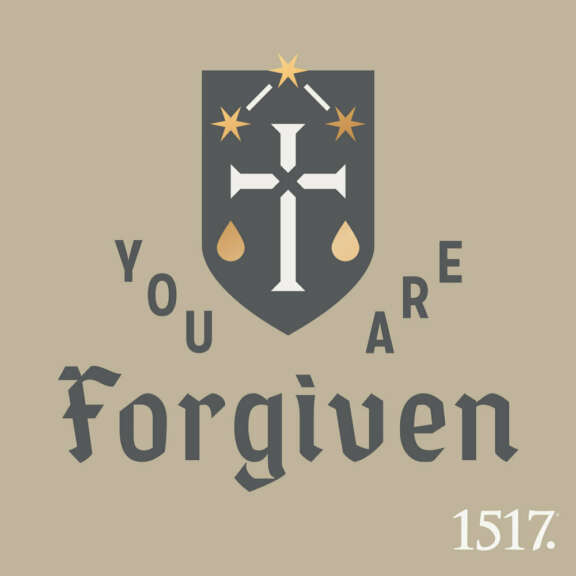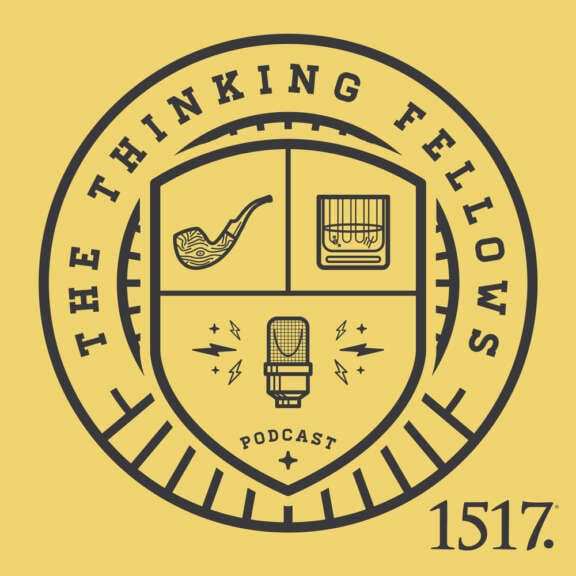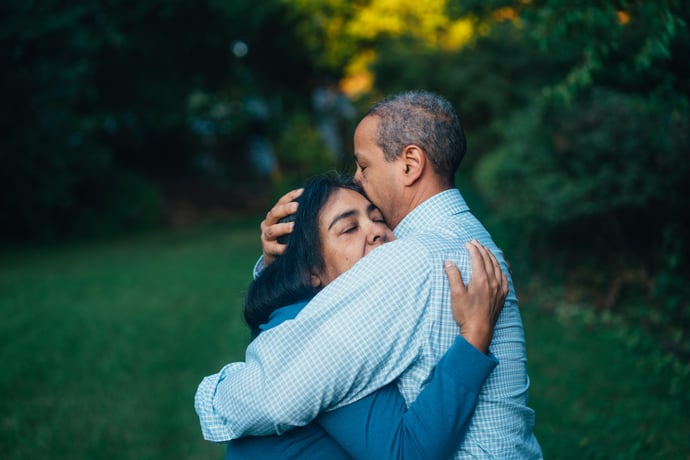Pastor Killian Teaches On Luke 17:11-19
Podcasts
Each 1517 Podcast is dedicated to delivering Christ-centered content through weekly, monthly, and seasonal audio platforms. Listen online or on your favorite podcasting app.
Author
- All Authors
- Aaron Zimmerman
- Adam Francisco
- Amy Mantravadi
- Blake Flattley
- Bob Hiller
- Bradley Gray
- Brian W. Thomas
- Bror Erickson
- Bruce Hillman
- Caleb Keith
- Chad Bird
- Chris Rosebrough
- Christopher Gillespie
- Cindy Koch
- Craig Donofrio
- Dan van Voorhis
- Daniel Deen
- Daniel Emery Price
- Darrin Sheek
- David Andersen
- David Rufner
- David Zahl
- Debi Winrich
- Delwyn Campbell
- Donavon Riley
- Doug Klembara
- Edward Killian
- Elyse Fitzpatrick
- Erick Sorensen
- Flame
- Grant Klembara
- Gretchen Ronnevik
- Haroldo Camacho
- Jacob Smith
- Jared C. Wilson
- Jeff Mallinson
- Jeffrey Pulse
- Jessica Thompson
- Jim Nestingen
- Joel Fitzpatrick
- Joel Hess
- John Andrew Schreiner
- John Bombaro
- John T. Pless
- John W. Hoyum
- John Warwick Montgomery
- Katie Koplin
- Kelsi Klembara
- Ken Sundet Jones
- Magnus Persson
- Matt Popovits
- Michael Berg
- Michael Horton
- Nick Lannon
- Paul Koch
- Peter Nafzger
- Philip Bartelt
- Raleigh Sadler
- RJ Grunewald
- Robert Kolb
- Rod Rosenbladt
- Ron Hodel
- Sam Leanza Ortiz
- Sarah Condon
- Sarah Crowder
- Scott Davis
- Scott Keith
- Steven Paulson
- Tanner Olson
- Troy Neujahr
- Uwe Siemon-Netto
- Wade Johnston
- William Cwirla
-
You’re not making Christianity better; you’re making Stoicism worse. Gillespie and Riley continue their discussion of free will and predestination by reading Clement of Alexandria. Where does the doctrine of free will originate? What happens when a Christian blends biblical theology and philosophy? Why doesn’t Riley like Star Wars sermons?
-
I thought we had something, but then you do and pull this. Gillespie and Riley read and discuss Iranaeus on free will and predestination. What part do Christians play in their salvation? Do we choose to sin? Who goes to hell?
-
The episode ends with a conversation about how vocation and the service of neighbor works toward apologetics.
-
Pastor Hodel Teaches On Matthew 3:13-17
-
Just Think of This As a Friendly Test That Could Get You Thrown into Hell, Or Not... Your Choice. Why do we demand that the choice be ours as regards our salvation or damnation? How does the doctrine of free will result in us hating God and each other? What about the influence of free will and predestination on popular culture?
-
Demons, waterless places, and the sign of Jonah.
-
The Only Wrong Choice Is to Not Make a Choice... Where does the belief in free will originate? Is free will a biblical doctrine? How does Justin’s teaching on free will and salvation still influence the church and western culture today?
-
Pastor Killian Teaches On Matthew 3:13-17
-
They’re just psalms! It’s OK to pray them! They’re psalms! Gillespie and Riley take a listener request. They read and discuss the collects of Thomas Cranmer. Why pray? What should be the content and focus of prayer? How does old Adam fight against God’s Word when the new man prays?
-
Must... continue... thinking... in... ways... that... lead... to... dying... with... meaning. Gillespie and Riley finish their reading and discussion of Viktor Frankl's book, Man's Search for Meaning. How has Frankl's book changed the way people discuss identity and meaning? How has this influenced the Church?
-
We’re all going to die. Come watch TV. Gillespie and Riley read and discuss Viktor Frankl's, Man's Search for Meaning. Why has a book that was written by a psychoanalyst and neurologist about his experience in the Nazi death camps had such an effect and influence on the Christian Church?



